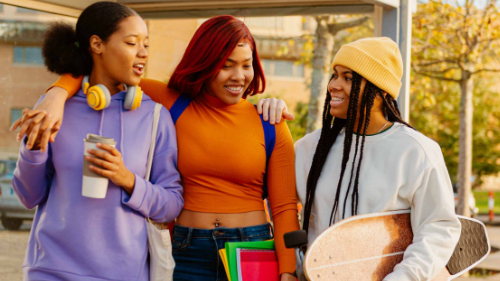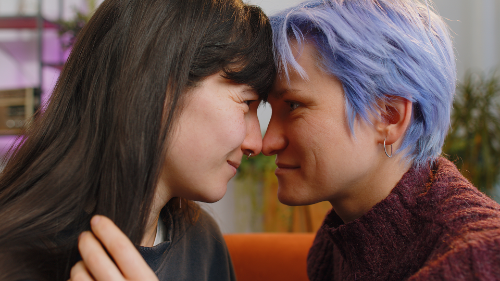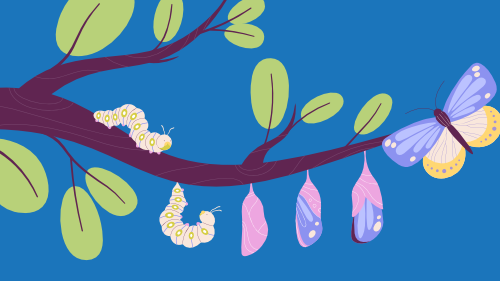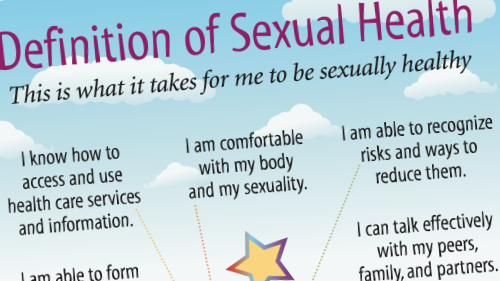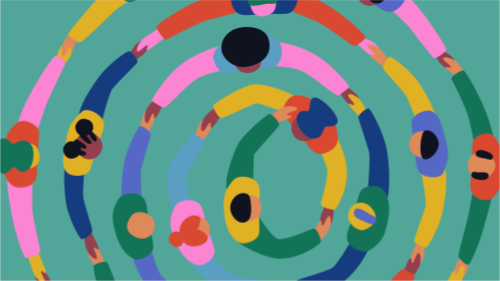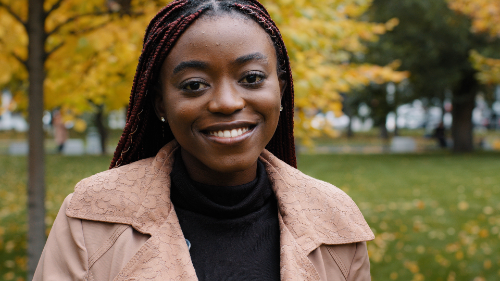Helping Youth Build Relationship Skills
Adolescence is a time to explore and develop emotional and social competence. On one hand teens are learning to perceive, assess, and manage their own emotions; on the other hand they are engaged in building their capacity to be sensitive and effective in relating to others: friends, family, and adults in their lives, as well as girlfriends and boyfriends.
Healthy relationships require communication and intimacy skills; they also rely on individual characteristics such as emotional self-regulation, social confidence, and empathy. Often youth programs do not focus explicitly on promoting healthy relationships, but they may include activities that practice pro-social behaviors and communication skills. The resources below emphasize building healthy relationship skills.
Program Activities and Curricula
Rights, Respect, Responsibility
This K-12 sexuality education curriculum from Advocates for Youth includes relationship lesson plans for different grade levels. A Teacher's Guide is also available and recommended.
One Circle Foundation Programs
One Circle Foundation offers three structured support group models for youth — Girls Circle (for girls and youth who identify with female development), The Council for Boys and Young Men, and Unity Circle (for youth of all genders). With a focus on positive youth development, One Circle programs employ a strengths-based approach and motivational interviewing strategies.
Dating Matters
Dating Matters ®: Strategies to Promote Healthy Teen Relationships is a comprehensive teen dating violence prevention model developed by the CDC. This evidence-based model includes prevention strategies for individuals, peers, families, schools, and neighborhoods.
Loveisrespect Educators Toolkit
Loveisrespect created this toolkit to provide guidance to middle school educators who want to lead discussions on healthy relationships. The toolkit can be used on its own or to supplement a larger curriculum.
Teacher's Guide: Healthy Relationships
From KidsHealth in the Classroom (Nemours), this guide includes activities to help middle-school-age students recognize characteristics of healthy and unhealthy relationships.
AMAZE: Healthy Relationships Videos
Created for youth ages 10-14, these videos can be used in conjunction with relationship skills programming.
Safe Dates
Updated in 2021, this evidence-based curriculum from the Hazelden Betty Ford Foundation addresses dating violence and healthy relationship skills.
Healthy Relationships Plus Program (HRPP)
Developed by The Fourth R, HRPP is a skill-building program that aims to prevent violence and promote positive, healthy relationships. Available in English, French, and Spanish, the program is designed for small groups in a non-classroom setting. Online facilitator training is available. Editions for specific populations include a literacy-supported version for English speakers; an enhanced version for vulnerable youth; and an adapted version for Two-Spirit, Lesbian, Gay, Bisexual, Trans, Queer, Intersex, and Asexual+ Youth.
Bringing in the Bystander
Developed by Soteria Solutions, Bringing in the Bystander encourages participants to become positive bystanders in instances of sexual and interpersonal violence and harassment.
Coaching Boys into Men
This tool from the Family Violence Prevention Fund engages coaches in helping young athletes develop healthy respect for women and positive values regarding relationships.
FLASH: Lesson Plans for Special Education
The Family Life and Sexual Health (FLASH) curriculum from Seattle and King County Public Health offers lesson plans and activities for special education students.
Resources for Young People
Romantic Relationships
Sponsored by ACT for Youth, the ACT Youth Network site features a section on romantic relationships. Young people can take the "relationship checkup quiz," learn about the "love chemicals" they may experience, and find tips on everything from breaking up to building great relationships.
TeensHealth: Relationships
The "Mind" section in the Nemours TeensHealth website includes abundant information on romantic relationships and friendships. The site is available in both English and Spanish.
Teen Talk: Sex, Love, Relationships, and More
The goal of this Power to Decide site is to present unbiased facts so that youth can make informed decisions and live their best lives. Links to blogs by teens and blogs for teens are provided.
Loveisrespect: Healthy Relationships
Here, Loveisrespect offers an overview of healthy and unhealthy relationships, with tips on communication, setting boundaries, signs of abuse, and more.
Center for Young Women's Health: Healthy Relationships
Boston Children's Hospital sponsors this site for teen women. This section explores healthy relationships, including family, friends, and dating.
Sex, Etc.: Love & Relationships
In addition to offering "sex education by teens, for teens," this popular site includes many articles on relationships. The site is a project of Answer at Rutgers University.
